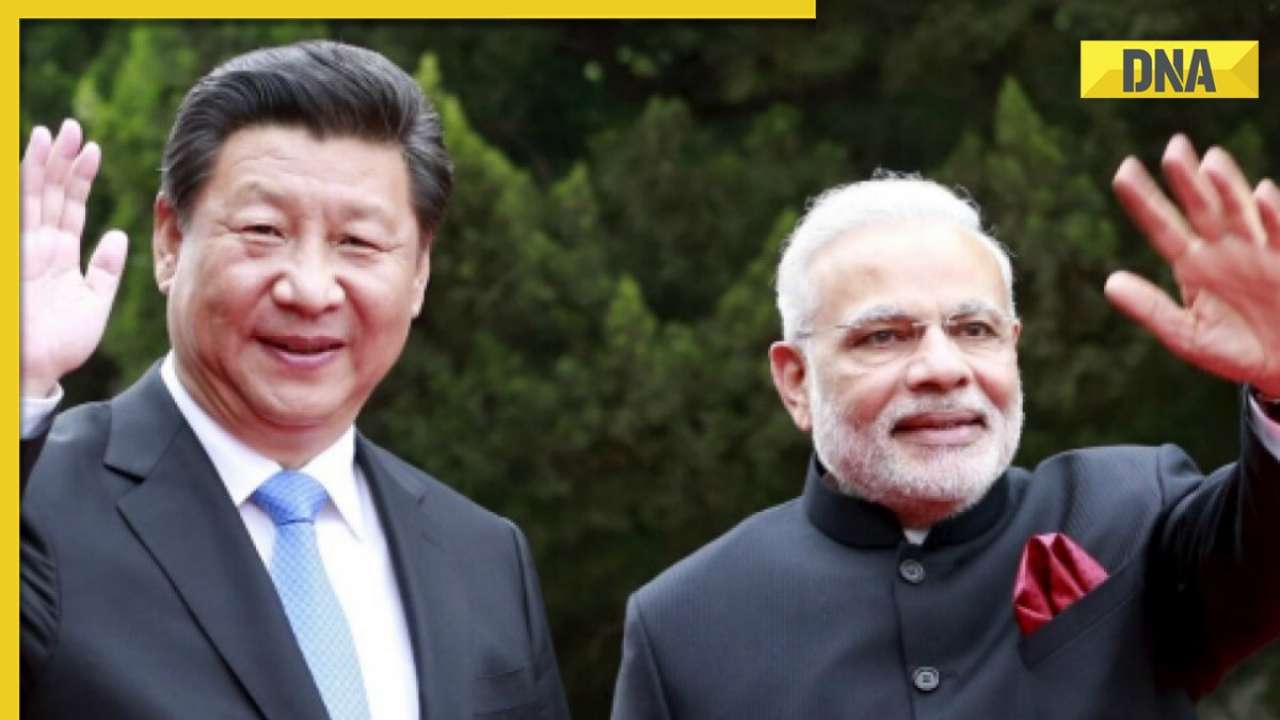
As in other parts of the world, the phenomena of ‘paradiplomacy’ or ‘constituent diplomacy’ – simply defined as the participation of states/provinces or other sub-national units in a country’s foreign policy -- has gained momentum in India over the past three decades.
In the 1990s, the main catalysts for paradiplomacy were the economic reforms of 1991, the Information Technology (IT) boom, in which the South Indian states were frontrunners, and the rise of strong regional leaders. Southern states like Andhra Pradesh (erstwhile), Karnataka along with Maharashtra were the key trendsetters. Top US CEOs including Microsoft founder Bill Gates also visited India upon invitation from leaders like ex-US Presidents Bill Clinton and George W Bush.
The next phase of paradiplomacy, which began in the 2000s, witnessed State Investors Summits and visits by Chief Ministers of several states not just to the US and China, but also other parts of East Asia and South-East Asia -- especially Japan and Singapore. PM Modi himself visited China several times while serving as Chief Minister of Gujarat. In recent years, paradiplomacy has witnessed several changes. States sharing borders with neighbouring countries have emerged as important stakeholders in India’s ties with its neighbours – specific examples being West Bengal and Tripura in the context of India’s ties with Bangladesh.
The Modi government had set up a states division in the Ministry of External Affairs, in October 2014, to facilitate more fruitful interaction between India’s state governments and other countries. PM Modi has repeatedly referred to the need for ‘cooperative federalism’ in the sphere of foreign policy. A ‘state-province leaders’ forum had also been inaugurated during PM Modi’s visit to China in 2015. This has been discontinued after the growing strains between both countries in recent years.
Paradiplomacy has a strong ‘organic’ component which is often relegated to the sidelines. The first is that while earlier a few states took the lead in para-diplomacy and drew attention, now several states have been taking initiatives like Investors Summits. Second, while the focus on paradiplomacy was the economic component, now states are also looking at showcasing their strengths in other areas. Odisha for instance hosted the FIH Men’s Hockey World Cup in 2023 also 2018 Men’s Hockey world cup) as it has been attempting to become a sports hub.
Third, Indian states are also seeking to build linkages with other countries via education and learning. While Rajasthan had set up the Center for Excellence in Tourism Training, at MohanLal Sukhadia University, Udaipur with assistance from Singapore, the state of Punjab sent 36 principals to Singapore for training in February 2023. Only recently, the government of Punjab also signed an MOU with the British Council Education India Pvt Limited (BCEIPL) for an English language course which would help students at the workplace – especially in the industrial and services sector. The MOU was signed in the presence of both the Punjab Chief Minister, Bhagwant Mann and Deputy High Commissioner of UK, Chandigarh Caroline Rowett.
Fourth, while earlier paradiplomacy was focused on a few countries like the US, UK and China, Indian states have also had to rethink their outreach in a changing geopolitical and economic situation. For instance with the deterioration of ties with China, exchanges with China are not possible. On the other hand, as a result of improvement of ties with UAE and a growing diaspora from different states, more and more states are reaching out. In recent years, Chief Ministers from several states – including Kerala CM Pinari Vijayan, Tamil Nadu CM MK Stalin and Haryana CM Manohar Lal Khattar have visited the UAE, which itself has acknowledged the importance of India’s state governments on several occasions.
Fifth, India’s Chairmanship of G20 has given states the opportunity to showcase not just their economic strengths but also tourist potential. Events have been hosted in several parts of India, and this has helped not just in upgrading the overall infrastructure of these cities (with state governments playing a proactive role in ensuring that the events are a success), but also increased awareness about different parts of India. Even the trend of including cities outside New Delhi in the itinerary of foreign dignitaries has risen in recent years.
Sixth, states have also begun to institutionalise their external outreach. Telangana has a dedicated department for external outreach. Kerala has appointed a former Diplomat Venu Rajamony as officer on special duty to the Kerala government for external cooperation, in 2021.
In conclusion, para-diplomacy is a reality, and it is important for all stakeholders to work together in sync and harmony and ensure that it is successful and helps in pushing forward India’s collective interests.
The author is a policy analyst and faculty member at the Jindal School of International Affairs, OP Jindal Global University, Sonipat.
(Disclaimer: The views expressed above are the author's own and do not reflect those of DNA.)